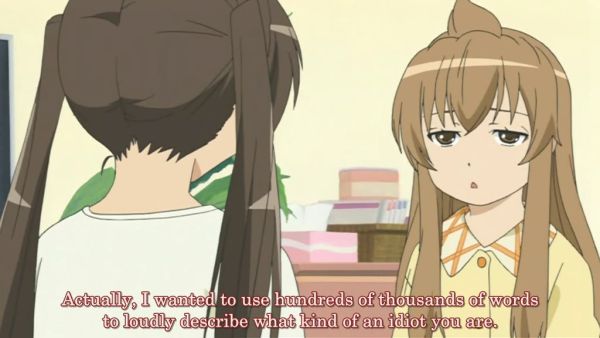
“Even if this world ends today, I will still protect you.”
November 30 marks the end of the online multiplayer game City of Heroes, which has been running since April 2004. I was actually playing it already when it was in closed beta, and was impressed. In my first review of it here, I described the game world as “a believable world, but larger than life: Beautiful and dangerous like the first weeks of love.” This may explain why I kept playing it till the end. But it is more than that: It was the goodest game I have ever played.
I don’t mean just that it was technically good, which it also was. The controls in particular was superior to any multiplayer game I have played before or since. But more importantly, there was an inherent goodness in roleplaying a hero constantly protecting people from danger, and defeating evil. (In the game, the concept “defeat” was always used. It was implied that nobody was ever killed in the epic superpowered battles. If a hero was defeated, they would immediately recover at the hospital, and it was assumed that a prison hospital would receive the villains.)
It should surprise no one that a game like this attracted a special type of players, a bit different from the ones playing elves and rangers, jedis and space traders. Comic book fans, of course, but it appealed to a particular temperament. Its players tended to be friendly, helpful, tolerant and mature in a way I never really saw in other games. (Although there was some of it, of course. Dark Age of Camelot gave me some happy memories back in the day too.) Over the years, these people have stayed with the game, to the very last. Sometimes couples were playing together, or parents and their grown children, or friends who had moved to different places but met up in this virtual world. Many new friendships were also made in the game, and it is likely that these people would have continued to play for another decade if they had a chance. But that chance disappeared.
NCSoft, a Korean company that bought the rights to the game some years ago, suddenly decided this fall to close it down. This came as a shock: The game had shaken off two newer competitors and was growing. It was running a profit, and new content was arriving at a brisk pace. Suddenly one day it was announced that the game would soon be closed, and the whole developer team was fired immediately. The reason given was that the company wanted to concentrate on its core (that is, Korean games, translated to English for the international market). I am not overly surprised. CoH is a very American game, and America has gone from being cool to embarrassing over these same years. Americans are probably not aware of this.
Be that as it may. This is not a day I want to spend talking about politics. Today I want to remember the “goodest” game I have ever played, the wonderful people I met and shared a beautiful, colorful dream with. The heart that made you thrive in such a place, will still be beating elsewhere.
People are bewildered that life must end
And time strikes them harshly.
But even if this world ends today,
I will still protect you.
(The end of the world, by Angela. YouTube. Translated by Suri-chan. )









